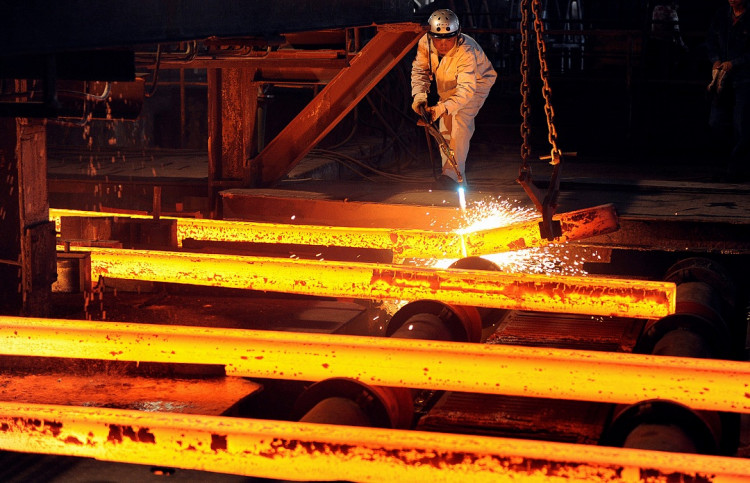Due to slow demand for its products, United States Steel Corp announced this week that it will be idling three of its blast furnaces. The company will be idling two of its facilities in the United States, while another one located in Europe will be idled as well.
The decision to idle the three blast furnaces came after US Steel had downgraded its forecasts for the upcoming quarters. US Steel downgraded its forecast for its second-quarter adjusted earnings before interest, tax, depreciation, and amortization (EBITDA) from $291.1 million to $250 million.
The softening demand on its steel was exacerbated by a surplus of supply of steel within the country. After the Trump administration imposed tariffs on steel imports from other countries, major steel producers in the United States were forced to bring their old furnaces online.
With major steel producers ramping up production, the supply in the country overtook demand. The surplus of steel resulted in the suppression of prices throughout the country, further affecting revenues. US Steel stated in a recent announcement that it was simply shutting down facilities in order to align its production with its order book. This basically ensures that the company does not produce too much surplus steel and at the same time save some money on operational costs.
Meanwhile, US Steel decided to idle one of its blast furnaces in Europe simply because it cannot compete with the prices of imported steel from other countries. Higher material costs in Europe had also been hurting the company's operations for quite a while now, leading to the decision.
The first blast furnace that will be idled is US Steel's Gary Works Facility located in Indiana.
Despite having negotiated a $47 million tax break package with the city and the state, US Steel still decided on the idling the facility. The Gary Works facility has a total of four blast furnaces capable of producing over 7.5 million tons of raw steel each year.
The second blast furnace to be temporarily shut down will be the company's Great Lakes Works Facility in Michigan. The facility currently has three blast furnaces that are capable of producing 3.8 million tons of raw steel each year.
Steel-related shares experienced a spike this week following news of Trump and Chinese President Xi Jinping's scheduled meeting at sidelines of the upcoming G20 Summit next week.
The meeting could result in a possible positive resolution to the long-running trade war between China and the United States. Shares were also boosted by news of possible rate cuts by the European Central Bank.






